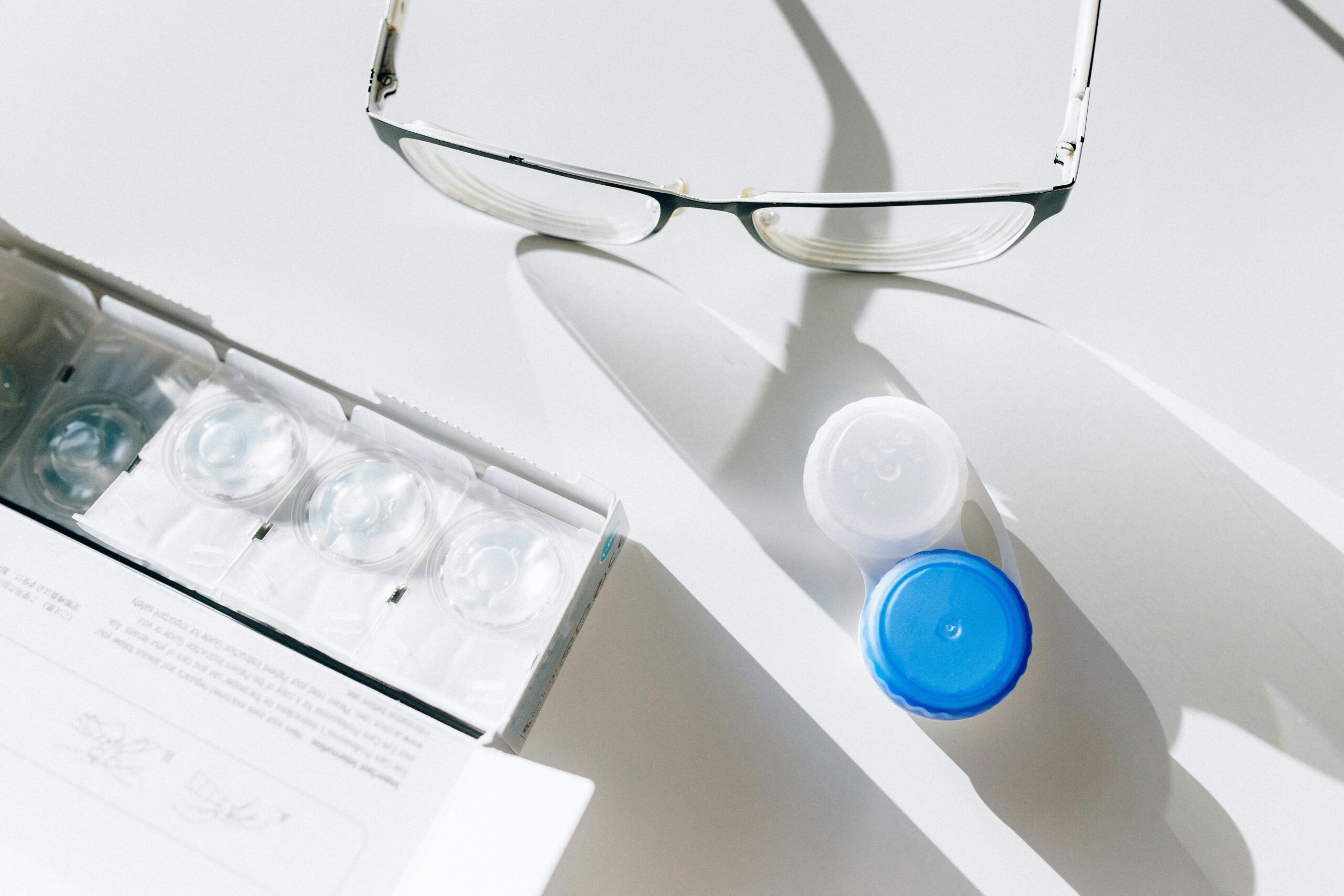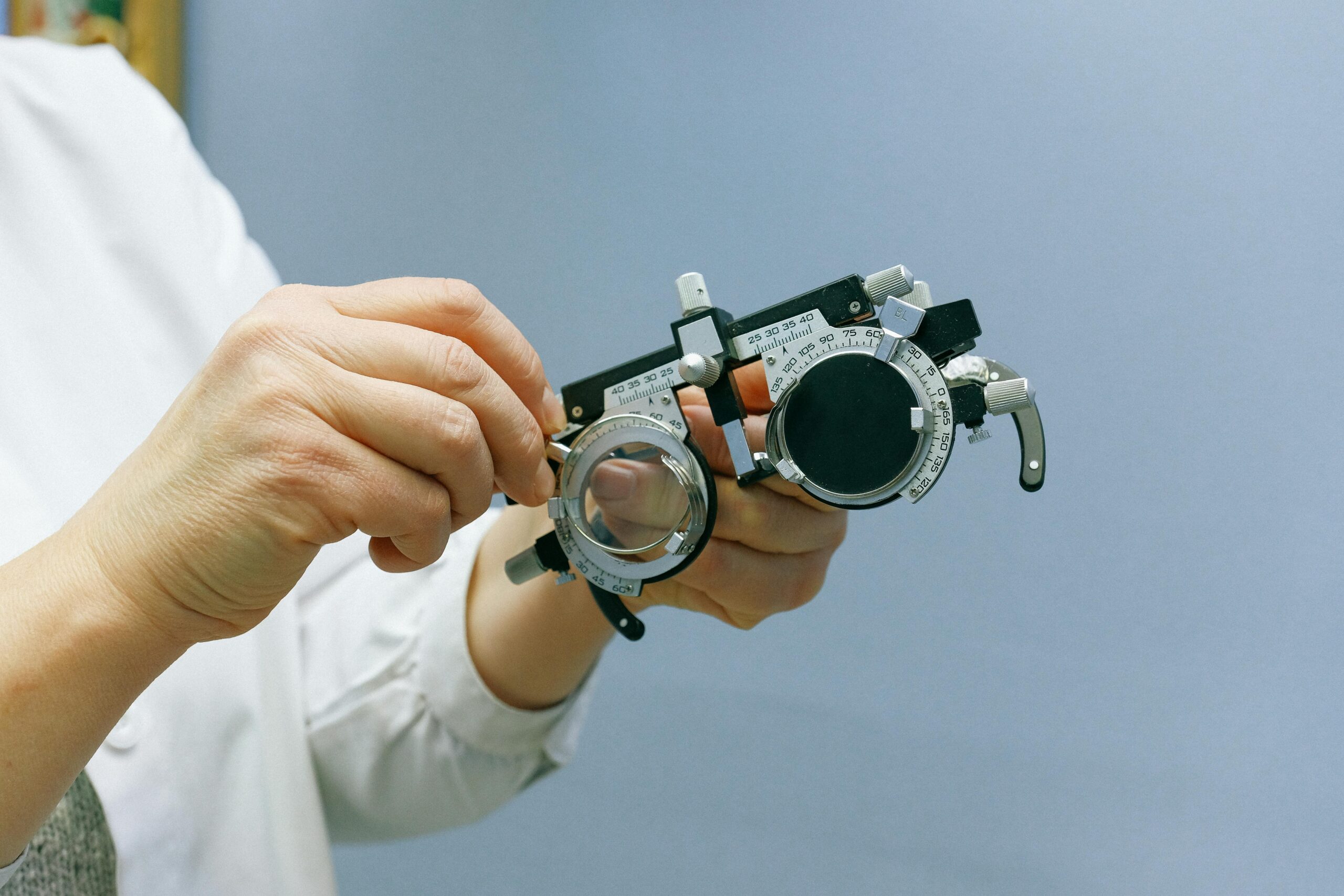Hypertensive retinopathy is a condition where high blood pressure (hypertension) causes damage to the blood vessels in the retina, the light-sensitive layer of tissue at the back of the eye. This condition can lead to vision problems and, if left untreated, may result in significant damage to the eyes and loss of vision.
What Is Hypertensive Retinopathy?
Hypertensive retinopathy occurs when elevated blood pressure causes changes in the retinal blood vessels. The retina relies on a delicate network of blood vessels to supply oxygen and nutrients, and high blood pressure can damage these vessels over time. This damage can manifest in various ways, including narrowing of the blood vessels, leakage of fluid or blood, and the formation of new, abnormal blood vessels.
Stages of Hypertensive Retinopathy
Hypertensive retinopathy is classified into several stages based on the severity of retinal changes:
- Stage 1 – Mild Hypertensive Retinopathy:
- Changes in Blood Vessels: The first stage is characterized by narrowing of the retinal blood vessels and changes in the appearance of the retinal arteries and veins.
- Symptoms: This stage is usually asymptomatic and may not cause noticeable vision changes.
- Stage 2 – Moderate Hypertensive Retinopathy:
- Retinal Changes: In addition to narrowing of blood vessels, there may be signs of retinal thickening or damage, such as retinal hemorrhages or exudates (fluid leakage).
- Symptoms: Vision problems may start to occur, such as blurred vision or difficulty with visual acuity.
- Stage 3 – Severe Hypertensive Retinopathy:
- Significant Damage: This stage is marked by more pronounced retinal damage, including larger areas of bleeding, fluid leakage, and possible swelling of the optic nerve (optic disc edema).
- Symptoms: Severe vision loss, headaches, and potential changes in visual field may occur.
- Stage 4 – Malignant Hypertensive Retinopathy:
- Severe Complications: This stage involves severe retinal damage with the presence of extensive bleeding, swelling, and potentially vision-threatening complications.
- Symptoms: Vision loss may be significant, and there may be symptoms such as severe headaches, vision distortion, or sudden loss of vision.
Causes of Hypertensive Retinopathy
The primary cause of hypertensive retinopathy is prolonged high blood pressure. Factors contributing to hypertension and thus increasing the risk of retinopathy include:
- Chronic High Blood Pressure: Long-term elevated blood pressure levels put constant stress on the retinal blood vessels.
- Uncontrolled Hypertension: Poorly managed or uncontrolled high blood pressure increases the risk of developing hypertensive retinopathy.
- Pre-existing Conditions: Conditions such as diabetes or kidney disease can exacerbate the effects of hypertension on the eyes.
Symptoms of Hypertensive Retinopathy
Hypertensive retinopathy often develops without noticeable symptoms, especially in its early stages. However, as the condition progresses, symptoms may include:
- Blurry or Distorted Vision: Changes in the retina can lead to difficulty seeing clearly or distorted vision.
- Visual Field Loss: Loss of peripheral vision or other changes in the visual field.
- Headaches: Severe headaches may occur due to increased pressure within the eye.
- Seeing Floaters: Small spots or floaters in the field of vision may appear.
Diagnosis of Hypertensive Retinopathy
Diagnosis of hypertensive retinopathy involves a comprehensive eye examination conducted by an eye care professional. Diagnostic procedures may include:
- Fundoscopy: A detailed examination of the retina using an ophthalmoscope to observe changes in the retinal blood vessels.
- Retinal Imaging: Techniques such as optical coherence tomography (OCT) or fundus photography can provide detailed images of the retina and blood vessels.
- Blood Pressure Measurement: Regular monitoring of blood pressure to assess its control and impact on the retina.
- Visual Acuity Testing: Assessing the clarity of vision to determine if there has been any impact on visual function.
Treatment and Management of Hypertensive Retinopathy
The primary goal of treatment for hypertensive retinopathy is to manage and control high blood pressure to prevent further retinal damage. Treatment strategies may include:
- Blood Pressure Control:
- Medications: Antihypertensive medications to lower blood pressure and manage hypertension effectively.
- Lifestyle Changes: Dietary modifications, regular exercise, and stress management to support overall blood pressure control.
- Regular Monitoring:
- Eye Exams: Regular eye examinations to monitor the progression of hypertensive retinopathy and assess retinal health.
- Blood Pressure Monitoring: Ongoing monitoring of blood pressure levels to ensure they remain within target ranges.
- Treatment of Retinal Complications:
- Laser Therapy: In cases of significant retinal damage or bleeding, laser therapy may be used to treat or prevent further complications.
- Surgical Interventions: In severe cases, surgical options may be considered to address complications such as retinal detachment or severe bleeding.
- Management of Underlying Conditions:
- Diabetes Management: If diabetes is present, proper management of blood sugar levels is crucial to prevent further retinal damage.
- Treatment of Other Conditions: Addressing any additional conditions that may contribute to hypertension or retinal damage.
Prevention of Hypertensive Retinopathy
Preventing hypertensive retinopathy involves maintaining good control of blood pressure and regular eye care:
- Monitor Blood Pressure: Regularly check blood pressure and follow treatment plans to manage hypertension.
- Healthy Lifestyle: Adopt a healthy lifestyle with a balanced diet, regular exercise, and avoidance of smoking and excessive alcohol consumption.
- Regular Eye Exams: Schedule regular eye examinations to detect any changes in retinal health early and address them promptly.
Conclusion
Hypertensive retinopathy is a serious condition resulting from uncontrolled high blood pressure that affects the retinal blood vessels. Early detection and effective management of blood pressure are crucial to preventing or minimizing retinal damage. Regular eye exams and adherence to prescribed treatments can help preserve vision and maintain overall eye health. If you have high blood pressure or experience any changes in your vision, consult with an eye care professional for a comprehensive evaluation and personalized care.
For more info, download our detailed brochure here.



